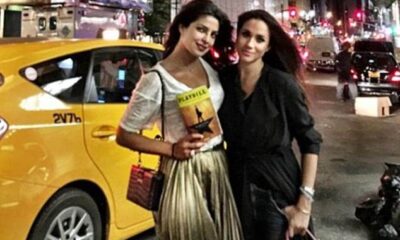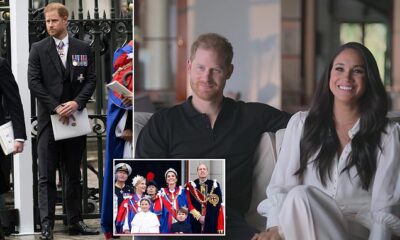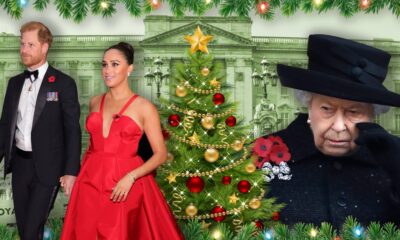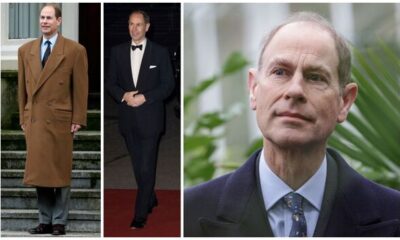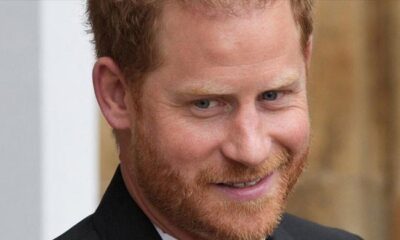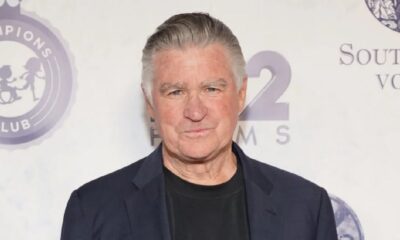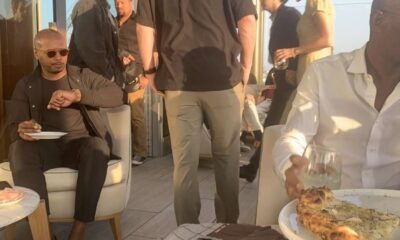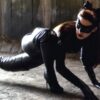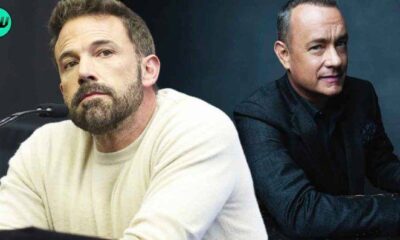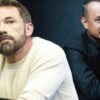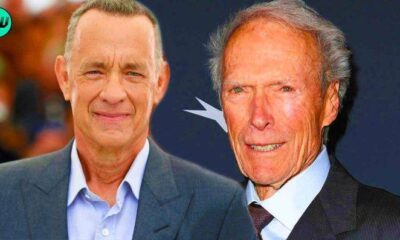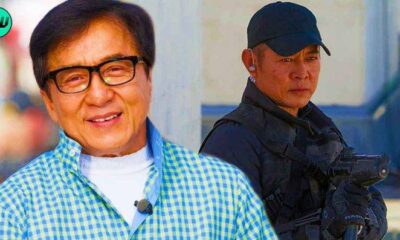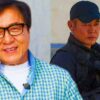Updates
Martin Bashir denies his shock interview led to Princess Diana’s death
Via


GET TOP STORIES VIA INBOX
Martin Bashir, a veteran journalist, has stated that he “never wanted to harm” Diana, Princess of Wales, with his now-discredited BBC Panorama interview, telling the Sunday Times, “I don’t believe we did.”
Martin Bashir has apologized and stated that he is “deeply sorry” following a bombshell claim that he used “deceitful behavior” to gain a 1995 BBC interview with Princess Diana. He, however, denies claims that the interview caused any harm to the late princess.
An independent inquiry released on Thursday concluded that Bashir lied and mislead Diana about being spied on in order to persuade her to accept to the interview in which she exposed facts about her broken marriage to Prince Charles.
Bashir resigned from the BBC earlier this month, claiming health concerns, before the findings were made public on Thursday.
He told the Sunday Times that he and Diana “were friends” and that they remained close after the interview aired, with Diana even paying a visit to his wife in the hospital shortly after the birth of their third child.
Trending:
“Everything we did in terms of the interview was as she wanted, from when she wanted to alert the palace, to when it was broadcast, to its contents … My family and I loved her,” Bashir said.
Princess Diana disclosed Prince Charles’ relationship with Camilla Parker Bowles in a 1995 world exclusive interview and revealed in detail how she felt royal life had caused her bulimic.
An inquiry report revealed that Bashir “commissioned fake bank statements” to get access to Diana by misleading her brother, Charles Spencer, into arranging a meeting during which Diana was eventually convinced to participate in the 1995 interview.
“This behaviour was in serious breach of the 1993 edition of the BBC’s Producer Guidelines on straight dealing,” remarked former High Court Judge Lord Dyson.
Diana’s eldest son, William, has stated that the manner in which the interview was gained was “deceitful,” and that the BBC’s errors contributed considerably to Diana’s “fear, paranoia, and isolation.”
“BBC employees lied and used fake documents to obtain the interview with my mother. Made lurid and false claims about the royal family, which played on her fears and fuelled paranoia. Displayed woeful incompetence when investigating complaints and concerns about the programme,” Prince William said.
His younger brother, Prince Harry, and Diana’s brother, Charles Spencer, have both stated that the interview was part of a sequence of unethical actions that led to Diana’s death in a car accident in Paris in 1997.
“I don’t feel I can be held responsible for many of the other things that were going on in her life, and the complex issues surrounding those decisions,” Bashir said in an interview with The Sunday Times.
“I can understand the motivation… but to channel the tragedy, the difficult relationship between the royal family and the media purely on to my shoulders feels a little unreasonable… The suggestion I am singularly responsible I think is unreasonable and unfair.”
Bashir has acknowledged to handing Spencer the falsified documents, for which he is “deeply sorry,” but believes the incident had “no bearing” on Diana or the interview.
“Obviously, I regret it; it was wrong,” he said to the publication.
However, he disputed Spencer’s timeline of events, claiming that the documents were created after he had already begun forming a connection with the princess. Spencer’s relationship with his sister was also described as “difficult” by him.
He stated: “Fairly soon after we met, she didn’t want me to communicate with him. She felt he would leak details of the interview and stuff, and felt that he wasn’t trustworthy.”
Britain’s government announced on Friday that it will investigate how the BBC was operated, following the inquiry’s criticism of the broadcaster’s “woefully ineffective” probe into Bashir’s behavior.
Penny Junor, a royal biographer, blasted Bashir’s reaction, calling it “extraordinary arrogance and false confidence”
Junor said, “I think he’s shameless,”
“I find it extraordinary that Bashir doesn’t at this stage just hold his hands up and say he’s sorry — properly without the ‘buts’.”
Popular Posts:
MUST READ:


GET TOP STORIES VIA INBOX


